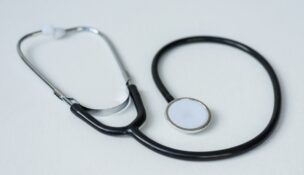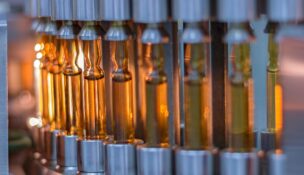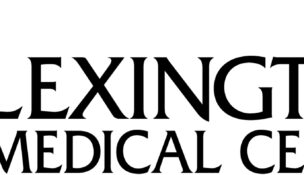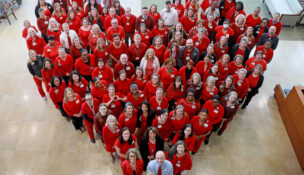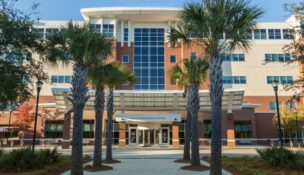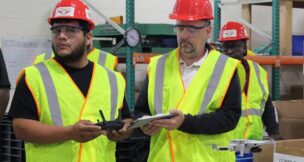New project to collect COVID-19 information
Staff Report //October 23, 2020//
A two-step initiative involving 32,500 randomly selected South Carolinians is designed to gather information about disease infection and to identify health inequities.
The SC STRONG project, which stands for Sampling and Testing Representative Outreach for Novel coronavirus Guidance, is led by the S.C. Department of Health and Environmental Control and the University of South Carolina. Participation includes completing an online, private survey and taking one free COVID-19 test consisting of both a nasal swab and a blood sample to identify current and past infection.
Selected participants will receive a blue envelope in the mail, according to a news release from DHEC.
“Partnering with collaborators from academic institutions, government agencies, family medicine and pediatric clinics, and nonprofit organizations across the state, this widescale public health project will track current infection rates and provide scientific evidence of immunity among various populations,” said Dr. Virginie Daguise, DHEC Bureau of Chronic Disease and Injury Prevention director. “Each participant’s information will remain confidential. This is an exciting, once-in-a-lifetime opportunity for South Carolinians to directly support public health experts’ understanding of this new and deadly disease that continues to impact our state and nation.”
Participants will include those five and older, with parents or guardians responsible for minors’ participation. The project tam will work with local health care providers and community partners to collect samples, with results available within a few days.
“We’re trying to better understand the patterns of transmission within specific populations and we’re looking for existing immunity within individuals who have already recovered from infection,” Dr. Melissa Nolan, assistant professor at epidemiologist with the Arnold School of Public Health, said. “We’ll be using this information to make projections about the dynamics of both the spread and the immunity within specific populations — by geographical area, for example — so we can help inform public health officials’ and policymakers’ decision about the distribution of resources, such as vaccinations, testing, treatment and more.”
SC STRONG biostatisticians and epidemiologists will prepare interim reports about the project’s findings, including geospatial hotspot analysis and infectious disease forecasting models. These reports will be publicly available on the project website shortly after each testing round at scstrong.sc.edu.
o





